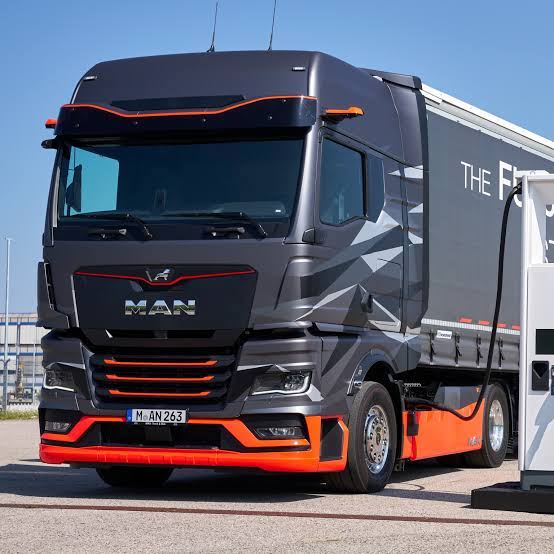Admin l Sunday, Sept 15, 2024
BERLIN – Electric lorries could soon become a common sight on German roads, with diesel lorries expected to be largely replaced by 2040, according to a study by auditing firm PwC.
The study, set to be presented at the IAA Transportation trade fair in Hanover next week, highlights a significant shift in the transport industry.
PwC’s analysis suggests that by 2030, over 20% of lorries and buses worldwide will be battery-electric. By 2040, this figure could soar to 90%.
The study forecasts that global sales of electric lorries will reach 600,000 by 2030 and grow to 2.7 million annually by 2040.
PwC’s strategy and industry expert, Jörn Neuhausen, said that the transport sector was undergoing a significant transformation, driven by new electric vehicle platforms and stricter CO2 emission regulations starting in 2030.
According to the study, electric lorries are expected to see a 50% increase in range by 2030, from 600 to 900 kilometres.
Charging speeds are set to triple and costs for electric drivetrains are projected to drop by 10%.
As a result, electric lorries and buses could then be used economically in long-distance transport and on scheduled routes, and would even be cheaper than diesel vehicles in terms of total costs.
However, expanding the charging infrastructure is crucial, according to the study.
The study estimates Europe would need €6.1 billion ($6.8 billion) in public investment by 2035 to build 720 charging parks, while companies would need to invest €28.6 billion for around 28,500 additional charging points.
The IAA Transportation fair, starting on Monday with a press day, will showcase the latest electric and hydrogen-powered trucks from manufacturers such as Daimler Truck, Scania and Volvo Trucks, with 1,650 exhibitors from 41 countries participating.
